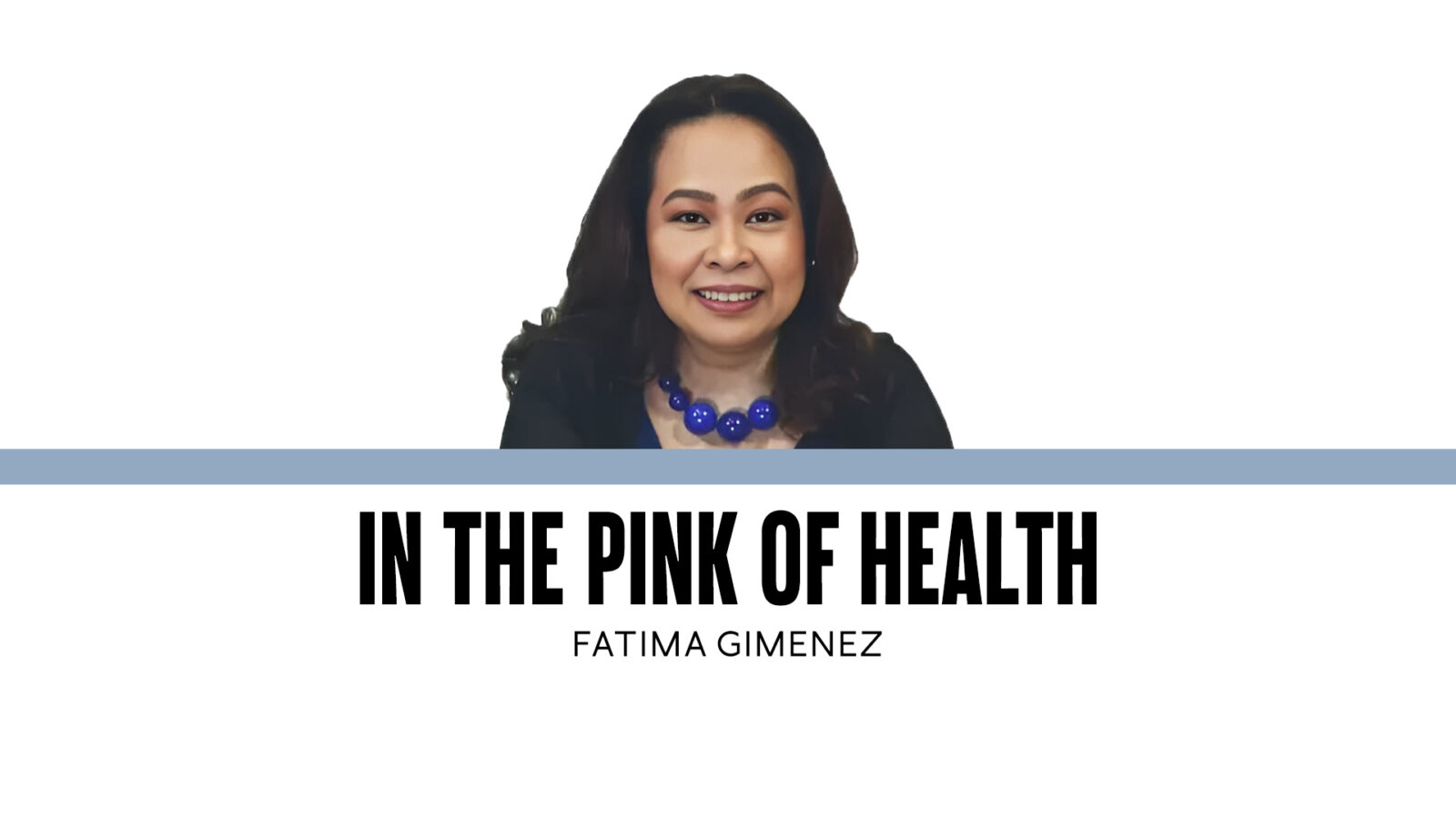Role reversal

Have you heard of a similar story?
She made the difficult decision to go on an extended leave to take care of her aging mom, who was showing signs of dementia. She promised her longtime employer that she would come back as soon as she could once she found someone to help her out. While she was badly in need of a job, as her youngest child was still in college, she relayed that she had to prioritize. There was nothing to expect from her siblings, who hardly ever called or visited, save for the annual reunion on the occasion of their mother’s birthday. Compared to her, they led more comfortable lives, but despite this fact, the extended financial assistance for her care was minimal. Therefore, the bulk of expenses was still her responsibility. Being the youngest, she was also the one expected to be the primary caregiver, being the most agile.
Seeing the disappointment on her employer’s face, she went on to say that an aunt was in a more dire situation. She had recently been diagnosed with a malignancy, and there was no one to look after the couple. One child was working overseas, while the other had left the family home because of a disagreement. They were heavily reliant on a neighbor who would offer to drive for them on the days that she had to go for treatment.
These personal experiences made her husband and her think about the future they faced. In their 50s and suffering from chronic conditions, were they going to be in danger of finding themselves in a similar situation in which their children wouldn’t even bother to look after them? Painfully aware of the rising cost of living, their advancing age, and impending retirement, they faced the absence of saved funds as they had struggled to put their other two children through school and still had a young child to put through college; can you blame them for entertaining these thoughts?
Have these thoughts crossed your mind as well? You may have heard several stories that are sometimes near-horrific to the point of being inhumane. These real-life scenarios bring home the sad truth that having children is no guarantee that they will look after you in your twilight years. While it may sound harsh, the possibility remains. But let me stop here and say, there are still a lot of heartwarming stories that make one believe that goodness still prevails. One is of a nonblood relative who unselfishly donated her kidney, not to a parent but to an aunt who needed it. She was the perfect match. At that time, she had several young children to raise, and they had a strong history of polycystic kidney and liver disease. We couldn’t help but also commend her husband for being supportive of her decision.
My late father always said that in life, to avoid disappointment, it is best to have zero expectations from people, as they may think and act differently from you, children included. Thinking about past conversations with some parents, whether from past experiences that may have caused them hurt or from not wanting to be a burden to their children, they have learned not to expect anything. Their point: they have their own lives to lead, and they are not under any obligation to look after them. It is always nice to be remembered, but to impose is never an option. Adopting this frame of mind is always a safer way to avoid heartbreak.
Last night, I got a message from a nonagenarian friend who asked how I was doing. I apologized for having replied late to her query, as clinics and rounds had taken over most of the day. Her next message gave me a lot to think about. “Have time to dialogue with God. Do not be consumed by the workload.” It was a timely reminder to get back on track and improve my conversations with God, and to think about how work has overtaken moments that were better spent with people who mattered. This realization was also the reason behind this week’s article.
For all of us who still have our grandparents, parents, elderly aunts and uncles, and aging friends who do not have the comfort of their loved ones’ presence, find time to pay them an unexpected visit or surprise them with a call. There is no need for expensive gifts or grand gestures though a little cash will never hurt. Lending an ear, offering to do a chore, or asking their advice, even if you have the answers, goes a long way in letting them know that they are seen, heard, and valued. Watch how their faces, particularly their eyes, light up. Savor the feelings and the memories from these priceless encounters.
timgim_67@yahoo.com


















